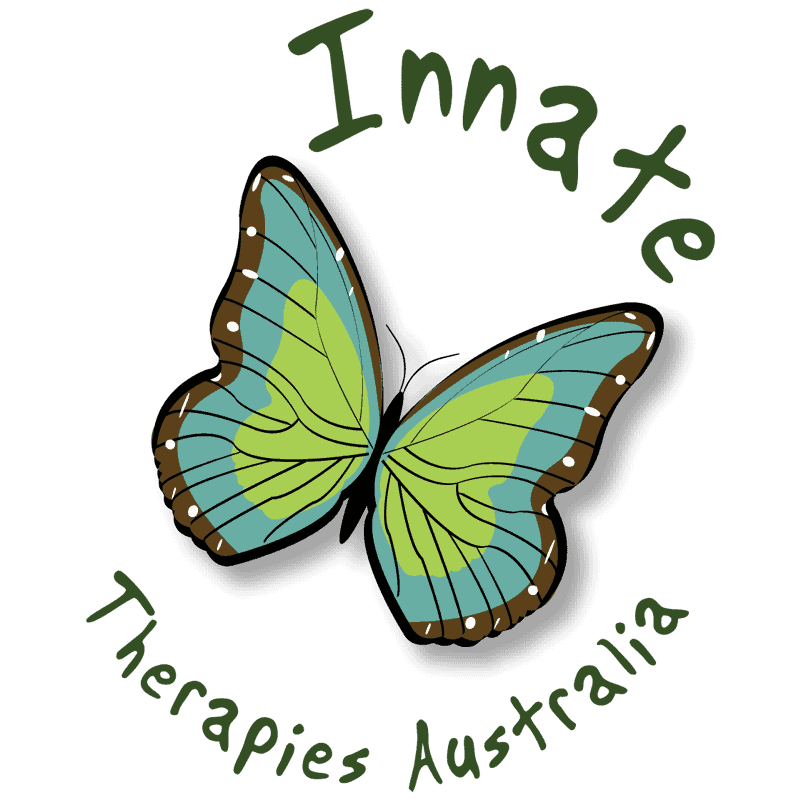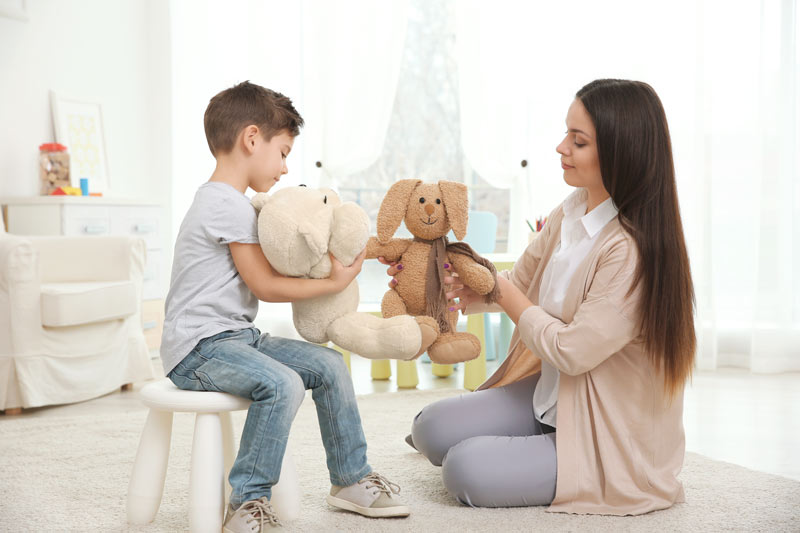Interplay therapy is an attachment repair model that focuses on the relationship between a child and their caregiver. It is also known as Family Play Therapy. Interplay Therapy strengthens the bond between a child and their caregiver, using a unique and effective method. It helps when a child and caregiver have gone through an experience that has impacted their relationship/bond.
Examples of times where this bond can be broken.
Pregnancy:
- •Situation: A mother experiences trauma during birth impacting both mother and unborn child, or parent and child separation due to medical intervention, post natal depression.
- Trauma-Informed Care: Acknowledge the mother’s experience and validate her feelings. Provide a safe space for her to express emotions and concerns. Offer trauma-focused counseling or support groups to help process the experience. Foster a nurturing environment that supports the rebuilding of trust and connection with the newborn.
Natural Disasters:
- Situation: A family experiences a natural disaster, such as a flood or cyclone, causing distress for both the caregiver and child.
- Trauma-Informed Care: Acknowledge the shared experience and the emotional impact on both the caregiver and child. Provide a safe space for open communication, expressing feelings, and supporting each other’s coping mechanisms.
Loss or Grief:
- Situation: The family faces the loss of a loved one, creating a shared sense of grief and emotional trauma.
- Trauma-Informed Care: Recognize the grief experienced by both the caregiver and child. To help people heal, it is important to encourage open discussions about the person who passed away. Additionally, acknowledging and validating their feelings can provide comfort and support. Creating opportunities for shared rituals can also bring people together and aid in the healing process.
Domestic Violence:
- Situation: A family has experienced domestic violence, impacting the caregiver and child’s sense of safety and security.
- Trauma-Informed Care: Prioritize the safety and well-being of all involved. Implement interventions that address trauma symptoms, such as therapy and support groups. Rebuild trust through consistent and nurturing caregiving, promoting a secure attachment environment.
Foster Care Placement:
- Situation: A child is placed in foster care due to circumstances beyond their control, causing disruption in attachment with their biological caregiver.
- Trauma-Informed Care: Recognize the loss and separation experienced by both the child and the biological caregiver. Support the child in adjusting to the new environment while facilitating communication and visitation to maintain connections with the biological caregiver whenever possible.
Parental Substance Abuse:
- Situation: A caregiver struggles with substance abuse, affecting the child’s sense of stability and safety.
- Trauma-Informed Care: Address the impact of substance abuse on the caregiver-child relationship. Offer both the caregiver and child access to appropriate support services, such as counseling and addiction treatment. Facilitate healing by focusing on building a secure and stable environment.

By working with children and families we can help the emotional healing process begin.
In these examples, trauma-informed caregiving means recognizing the shared experience. It also means giving emotional support and creating a safe space for expression. Additionally, it involves using interventions to help both the caregiver and the child heal and become stronger.
By working with children and families we can help the emotional healing process begin.
Interplay Therapy improves the bond between child and caregiver, creating safety, trust, and emotional closeness. Innate Therapies help children and parents heal and grow together by addressing the root causes of their attachment problems.
The staff at Innate Therapies undergo training in Interplay Therapy to effectively utilize this therapeutic approach. We have obtained certification as Interplay Therapists, enabling us to provide the best care to our clients.
During Interplay Therapy sessions, therapists use various techniques and activities to facilitate interaction and communication between the child and caregiver. These may include play, art, and storytelling, allowing the child to express their emotions and experiences in a safe and supportive environment.
By doing tasks together, the child and parent can rebuild their connection and understand each other’s needs and feelings. This process not only strengthens their bond but also helps the child develop essential social and emotional skills.
Interplay Therapy values the child-caregiver relationship and its impact on a child’s well-being. It is collaborative and empowering. By working together, therapists at Innate Therapies can help families overcome challenges, heal from past traumas, and create a nurturing and loving environment for the child to thrive.
If you are seeking support in repairing and strengthening your relationship with your child, Interplay Therapy at Innate Therapies may be the right approach for you.
Our dedicated and compassionate therapists are here to guide you through this journey of healing and growth, ensuring a brighter future for both you and your child.
Book your Interplay Therapy Session. Reach out to our dedicated team at Innate Therapies in Cairns today.

